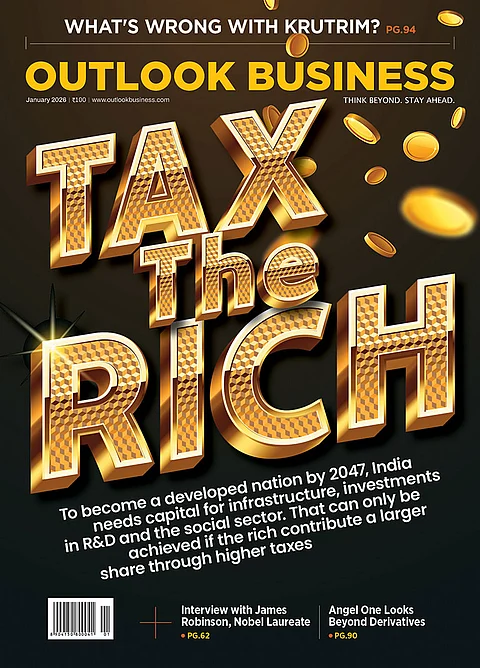I love sweets, I love social media and I love television. However, as much as I love these things, they don't love me back. Overindulging on something sugary after a meal, spending too much time scrolling a feed or bingeing on Netflix until two in the morning were all things I once did with little or no conscious thought-out of habit.
Just as eating too much junk food leads to health problems, the overuse of devices can also have negative consequences. For me, it was the way I prioritised distractions over the most important people in my life. Worst of all was what I let distractions do to my relationship with my daughter. She's our only child and, to my wife and me, the most amazing kid in the world.
One day, the two of us played games from an activity book. We turned to a particular page and answered questions designed to bring dads and daughters closer together. The first activity involved naming each other's favourite things. The next project was to build a paper aeroplane with one of the pages. The third was a question we both had to answer. The question was: 'If you could have any superpower, what would it be?'
I wish I could tell you what my daughter said at that moment, but I can't. I have no idea because I wasn't really there. I was physically in the room, but my mind was elsewhere. 'Daddy?' she said. "What would your superpower be?
'Huh?' I grunted. Just a second. I just need to respond to this one thing.' I dismissed her as I attended to something on my phone. My eyes were still glued to my screen, tapping away at something that seemed important at the time but could definitely have waited. She went quiet. By the time I looked up, she had gone.
I had just blown a magical moment with my daughter because something on my phone had grabbed my attention. On its own, it was no big deal. But if I told you this was an isolated incident, I'd be lying. This same scene had played out countless times before.
I wasn't the only one putting distractions before people. An early reader of this book told me that when he asked his eight-year-old daughter what her superpower would be, she said she wanted to talk to animals. When asked why, the child said, 'So that I have someone to talk to when you and Mom are too busy working on your computers.'
After finding my daughter and apologising, I decided it was time for a change. At first, I went extreme. Convinced it was all technology's fault, I tried a 'digital detox' and started using an old-school cell phone so I couldn't be tempted to use email, Instagram and Twitter. But I found it too difficult to get around without GPS and meeting addresses saved inside my calendar app. I missed listening to audiobooks while I walked, as well as all the other handy things my smartphone could do.
To avoid wasting time reading too many news articles online, I subscribed to the print edition of a newspaper. A few weeks later, I had a stack of unread papers piled neatly next to me as I watched the news on TV.
In an attempt to stay focused while writing, I bought a 1990s word processor without an internet connection. However, whenever I'd sit down to write, I'd find myself glancing at the bookshelf and soon started flipping through books unrelated to my work. Somehow, I kept getting distracted, even without the tech that I thought was the source of the problem.
Removing online technology didn't work. I'd just replace one distraction with another.
I discovered that living the life we want requires not only doing the right things, it also requires that we stop doing the wrong things that take us off-track. We all know eating cake is worse for our waistline than having a healthy salad. We agree that aimlessly scrolling our social media feeds is not as enriching as being with real friends in real life. We understand that if we want to be more productive at work, we need to stop wasting time and actually do the work. We already know what to do: what we don't know is how to stop getting distracted.
In researching and writing this book over the past five years, and by following the science-backed methods you'll soon learn, I'm now more productive, physically and mentally stronger, better rested, and more fulfilled in my relationships than I've ever been. This book is about what I learned as I developed the most important skill for the twenty-first century. It's about how I became indistractable, and how you can too.
This is an extract from Nir Eyal's Indistractable published by Benbella Books











